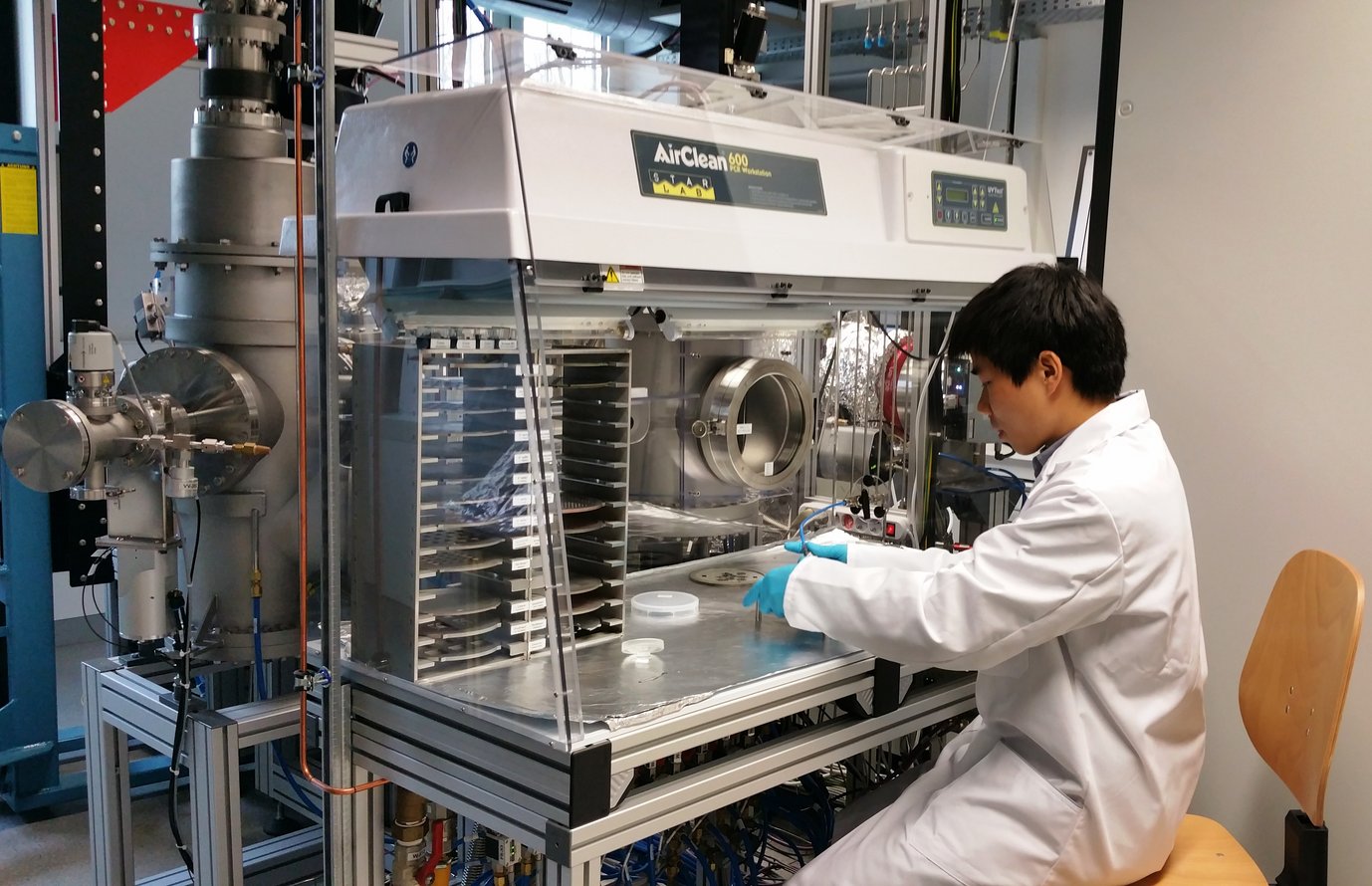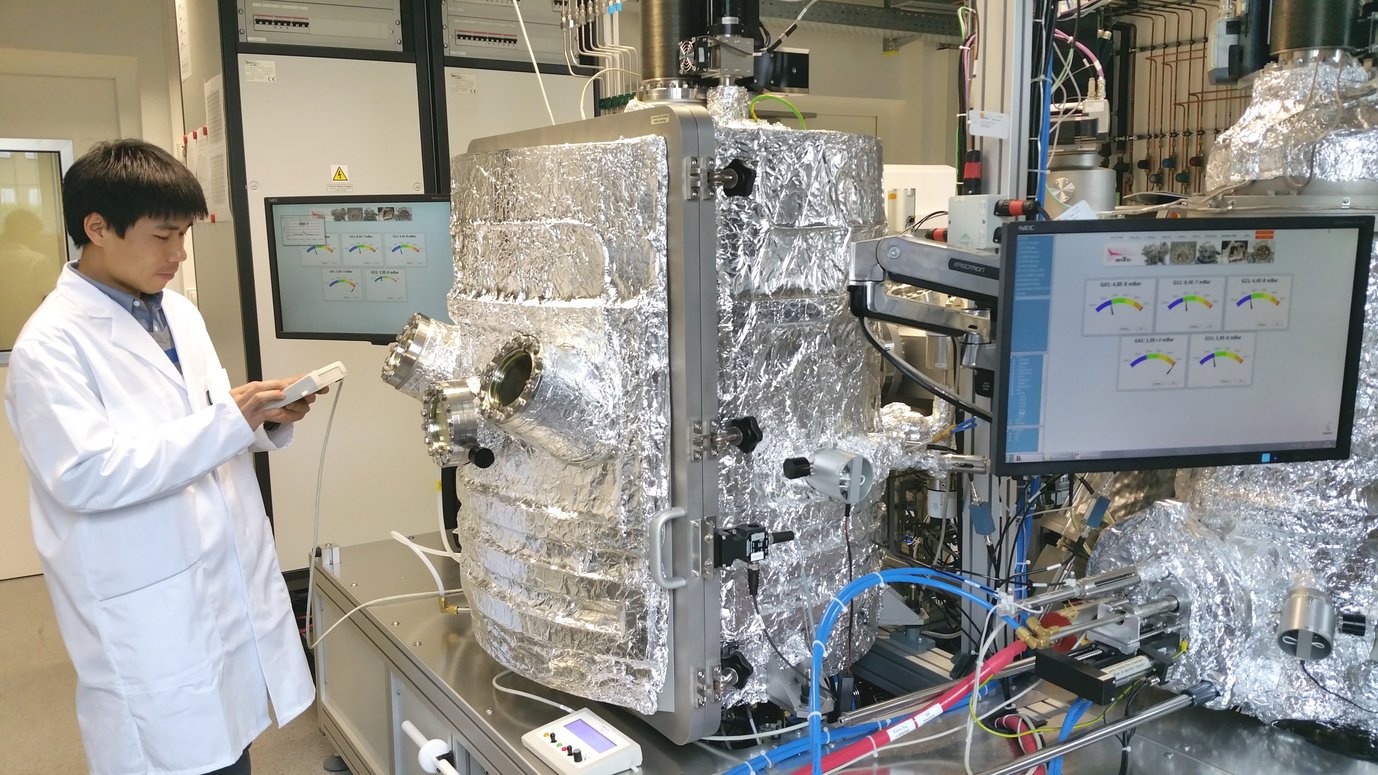From China to Germany
Humboldt research fellow chooses Max Planck Institute in Düsseldorf to develop gradient structures for lightweight design
Planes, bridges and automobile – these are all applications that need a lightweight design which connects materials that are both ductile and strong at the same time. Dr. Jianjun Li, from the Northwestern Polytechnical University, Xi’an, Shaanxi (China) and now working as a Humboldt research fellow at the Max-Planck-Institut für Eisenforschung (MPIE) in Düsseldorf (Germany), focuses on interface engineering to develop metals and alloys for exactly these kind of applications. Previously in China, Li concentrated on theoretical modelling. With his fellow position at the MPIE he is now gaining experience on the experimental side using copper and zirconium as model systems to develop gradient nano-layered structures by incorporating various interfaces. The interface design is an economic and promising approach to make strong, ductile and stable metals/alloys without adding many elements. The postdoctoral researcher is currently working in the department of Microstructure Physics and Alloy Design headed by Prof. Dierk Raabe. “Actually, Prof. Raabe and the MPIE are well known in the material science community. As I wanted to further develop my experimental knowledge, I contacted Prof. Raabe and we agreed that I should apply for a Humboldt scholarship”, explains Li. Currently he is developing multi-nanolayers for micropillar compression using physical vapour deposition for the sample preparation. “I’m here with my wife and my four years old daughter. Düsseldorf is a really nice city especially because of the playgrounds for children and the calmness. But I have to say that the winters here are definitely too long”, describes Li. Asking him what he experienced as weird in Germany, he laughs, “Well, people here usually wear less even in cold days and few people wear umbrellas in the rainy days.” After his research stay, Li is planning to go back to China and work as associate professor at his university.

Scientists from over 40 nations are working at the MPIE to develop materials applicable in the fields of mobility, energy, infrastructure, medicine and safety. Some of these scientists get funding by the Alexander von Humboldt Foundation which supports excellent researchers from outside Germany with an up to two years scholarship to continue their work in a German research institution of their choice. The scholarship counts as an award for the scientist as well as for the host institution.

Author: Yasmin Ahmed Salem, M.A.

